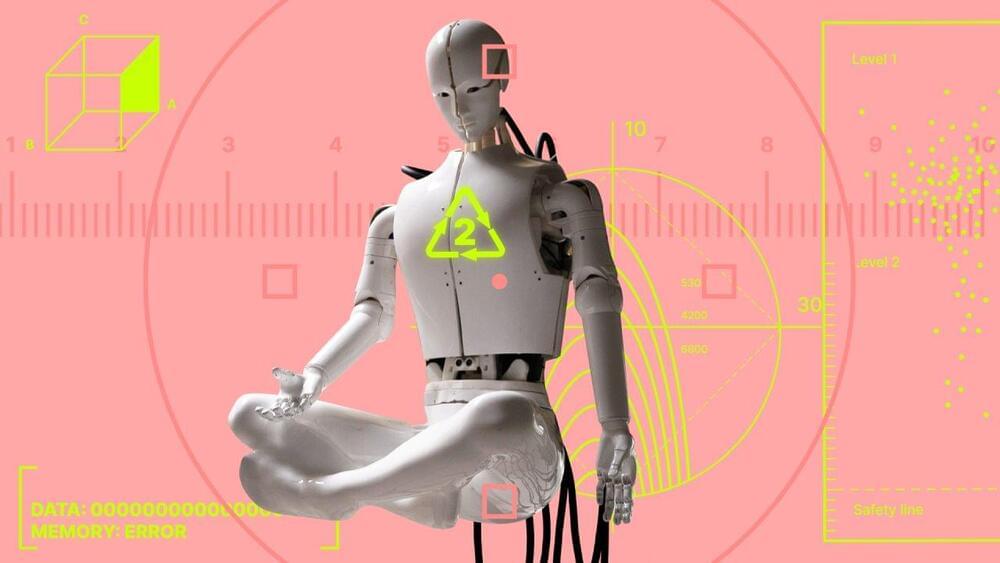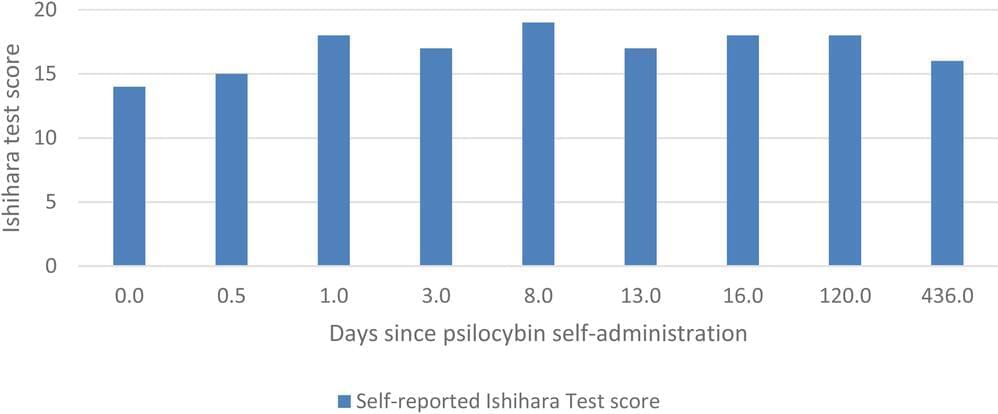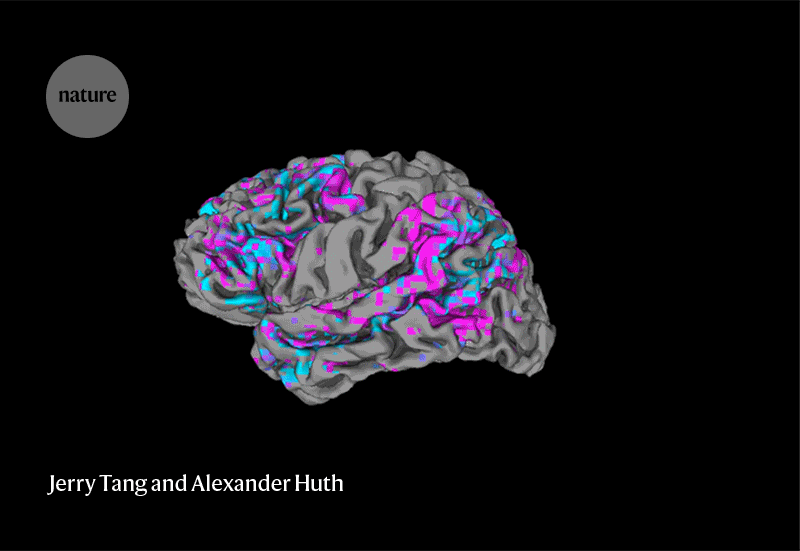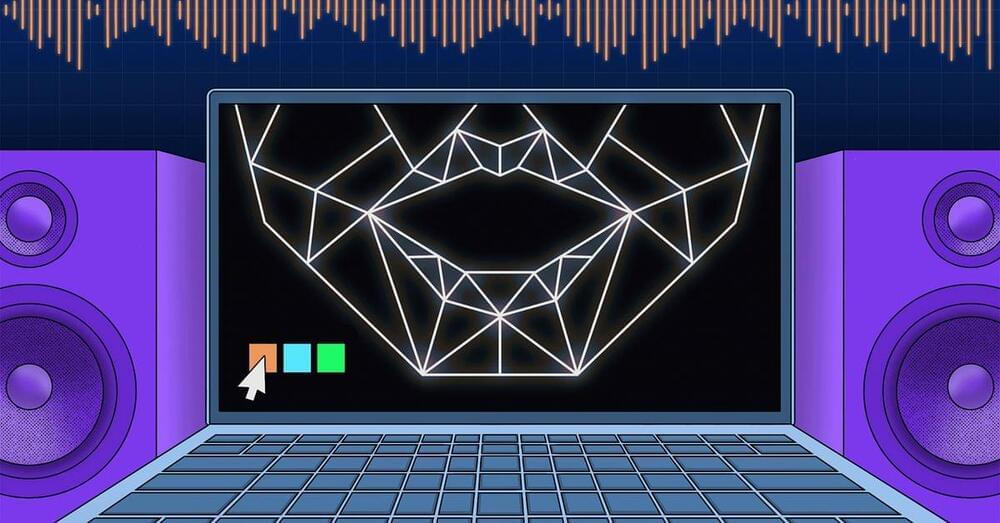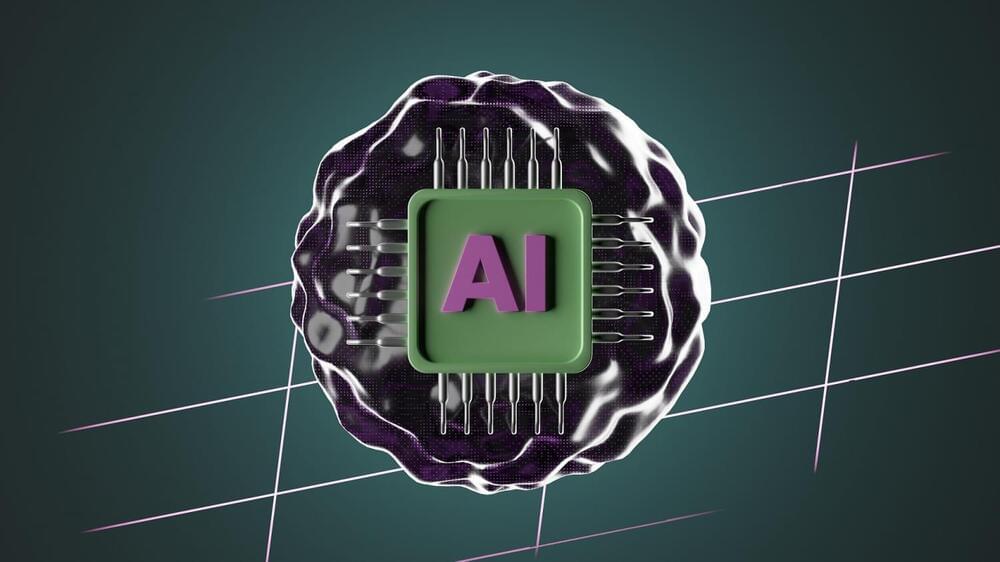
“There are patients with localized prostate cancer who undergo prostatectomy or radiation therapy in an attempt to cure their disease, but, unfortunately, some patients will develop BCR,” said Neal Shore, M.D., F.A.C.S., U.S. Chief Medical Officer of Urology and Surgical Oncology, GenesisCare, Director, Carolina Urologic Research Center, and Primary Investigator for the EMBARK study. “Importantly, some patients with BCR are at very high risk for developing metastatic disease, which can lead to a cascade of therapeutic interventions. The clinical goal of BCR therapy is to delay cancer progression and avoid metastatic disease. The MFS results from the EMBARK study demonstrate that this intervention with XTANDI plus leuprolide was statistically significant for patients with high-risk BCR.”
“The EMBARK study is a Phase 3 trial exploring the potential of enzalutamide in patients with non-metastatic hormone-sensitive prostate cancer with high-risk BCR,” said Stephen J. Freedland, M.D., Director of the Center for Integrated Research in Cancer and Lifestyle and the Warschaw Robertson Law Families Chair in Prostate Cancer at Cedars-Sinai Cancer and Co-Principal Investigator of the Clinical Trial. “If approved, we hope to bring a new option to men earlier in the course of their disease.”
Consistent with the study’s primary endpoint, statistically significant and clinically meaningful improvements were also observed in the trial’s key secondary endpoints in both the XTANDI combination and monotherapy arms. Specifically, the XTANDI monotherapy arm demonstrated that treatment with XTANDI reduced the risk of metastasis or death by 37% versus leuprolide plus placebo (HR: 0.63; 95% CI, 0.46–0.87; P=0.0049), meeting its MFS endpoint. Treatment with XTANDI plus leuprolide and XTANDI monotherapy reduced the risk of PSA progression by 93% (HR: 0.07; 95% CI, 0.03–0.14; P0.0001) and 67% (HR: 0.33; 95% CI, 0.23–0.49; P0.0001), respectively, versus placebo plus leuprolide. The progression risk in starting a new antineoplastic therapy was reduced by 64% in those treated with XTANDI plus leuprolide (HR: 0.36; 95% CI, 0.26–0.49; P0.0001) and 46% in those treated with XTANDI monotherapy (HR: 0.54; 95% CI, 0.41–0.71; P0.0001) versus placebo plus leuprolide.
